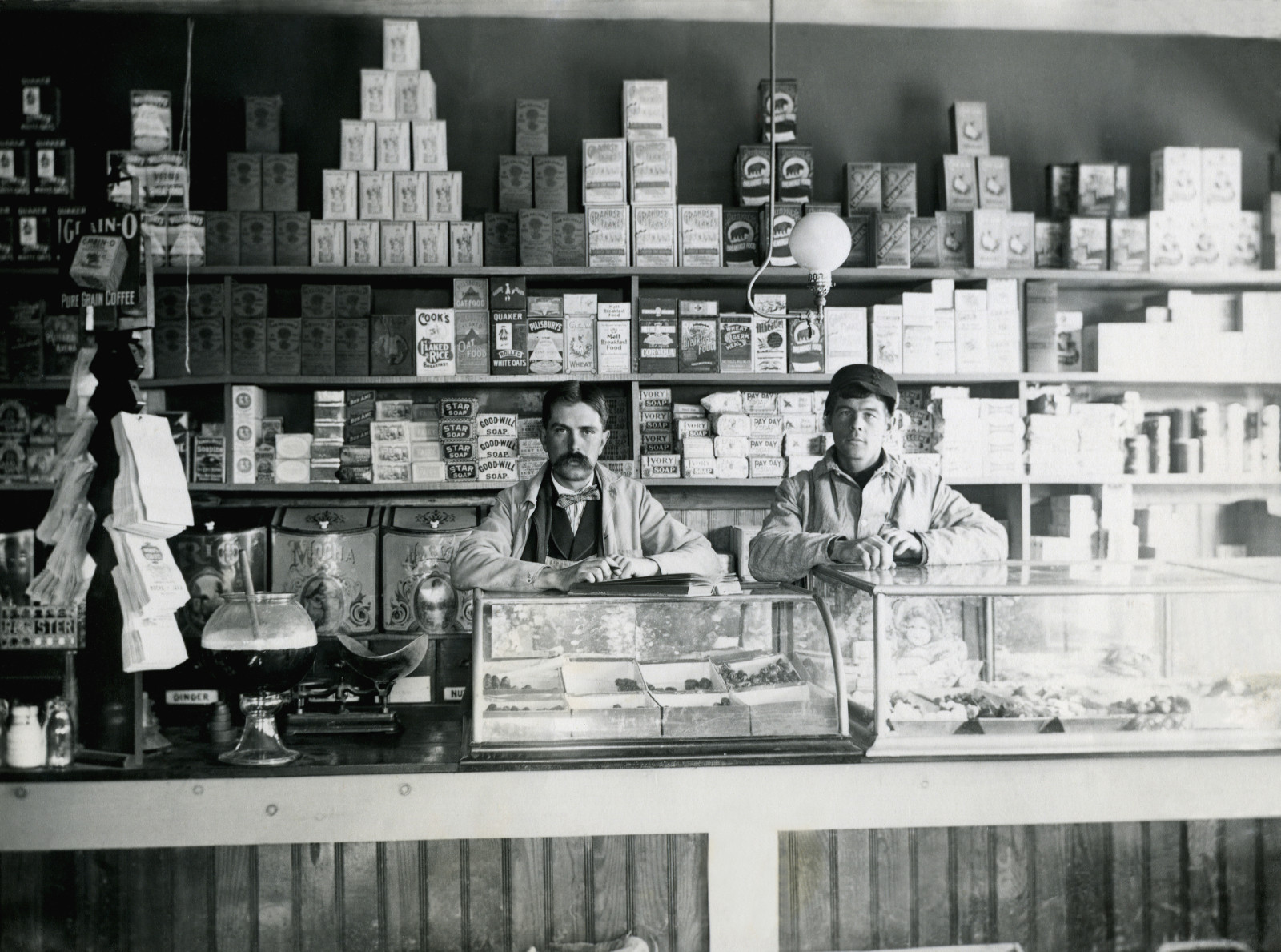A new task force will suggest fair prices for up to 15 strategic commodities

The Supply Ministry has set up a committee to determine the “fair price” of a number of foods classed as strategic commodities amid soaring inflation. Representatives from the Consumer Protection Agency, the Federation of Egyptian Industries, and the Federation of Egyptian Chambers of Commerce will decide prices for between 10 and 15 foods in a bid to clamp down on price gouging, the ministry said in a statement yesterday.
These aren’t price controls: It will not be compulsory for retailers to adhere to the committee’s fair price list — except in the case of rice, the statement read. The fair prices will factor in the cost of production and inputs, Supply Minister Ali El Moselhy said.
Most of the key foods are on the list: The state is still working on the list of goods which fall under the strategic goods umbrella but so far it includes sugar, rice, oils, pasta, ghee, flour, vegetables, fruits, meat, poultry and fish, Abdel Moneim Khalil, head of internal trade at the Supply Ministry, told Al Mal.
Annual urban inflation accelerated to a five-year high in November, with food and beverage costs — the biggest single component of the basket of goods and services used to measure inflation — rising nearly 30% y-o-y. November’s data is the first month that reflects the impact of the central bank’s decision to devalue the EGP at the end of October, which has seen it lose c.25% of its value against the greenback.
The Supply Ministry has been battling food inflation this year: The cabinet last week extended until at least mid-March a cap on the price of rice, which was added to the list of strategic commodities last month in a bid to clamp down on hoarding. Partial caps on the price of unsubsidized bread have also been in place at times this fall, while the Supply Ministry has recently floated the idea of putting controls on sugar prices.
Retailers have until the end of the month to start labeling their products: El Moselhy gave retailers two weeks starting yesterday, 18 December, to ensure prices are displayed clearly on all of their products, in keeping with new rules introduced last week to tamp down on food price inflation. Local authorities will be conducting checks to raise awareness of the new rules and ensure retailers are displaying the prices of their goods correctly, El Moselhy said. Once the two-week grace period expires, authorities will take legal action against retailers who fail to comply.
The tone is nothing but serious: Anyone who doesn’t comply with pricing rules is at risk of having their shops shut down and their stock confiscated and sold to citizens, Prime Minister Moustafa Madbouly warned last week.
The story received attention internationally: Reuters.
BARLEY RICE IS OFF THE HOOK-
The Supply Ministry is no longer interested in barley rice and is now only after hoarders of white rice, according to a statement cited by Al Borsa. The ministry has recently cracked down on rice producers, sellers and distributors, giving them until Sunday to notify authorities of how much rice they’ve stockpiled and where they’re keeping it,
REMEMBER- Rice has been designated as a “strategic commodity” for at least three months under efforts to deter traders who try to exploit the shortage of commodities.
STEEL PRICES JUMP AGAIN-
Ezz Steel and Egyptian Steel Group each raised their prices by EGP 2k per ton as of this week, according to Al Mal. Ezz Steel will now sell at EGP 23.5k per ton, while Egyptian Steel raised its price to EGP 23.4k per ton. This is the third price hike in December alone
ICYMI- Steel companies have been raising prices this year — with three hikes coming in December alone — due to rising input prices caused by the depreciation of the EGP. The price hikes have squeezed margins for contractors and real estate developers.